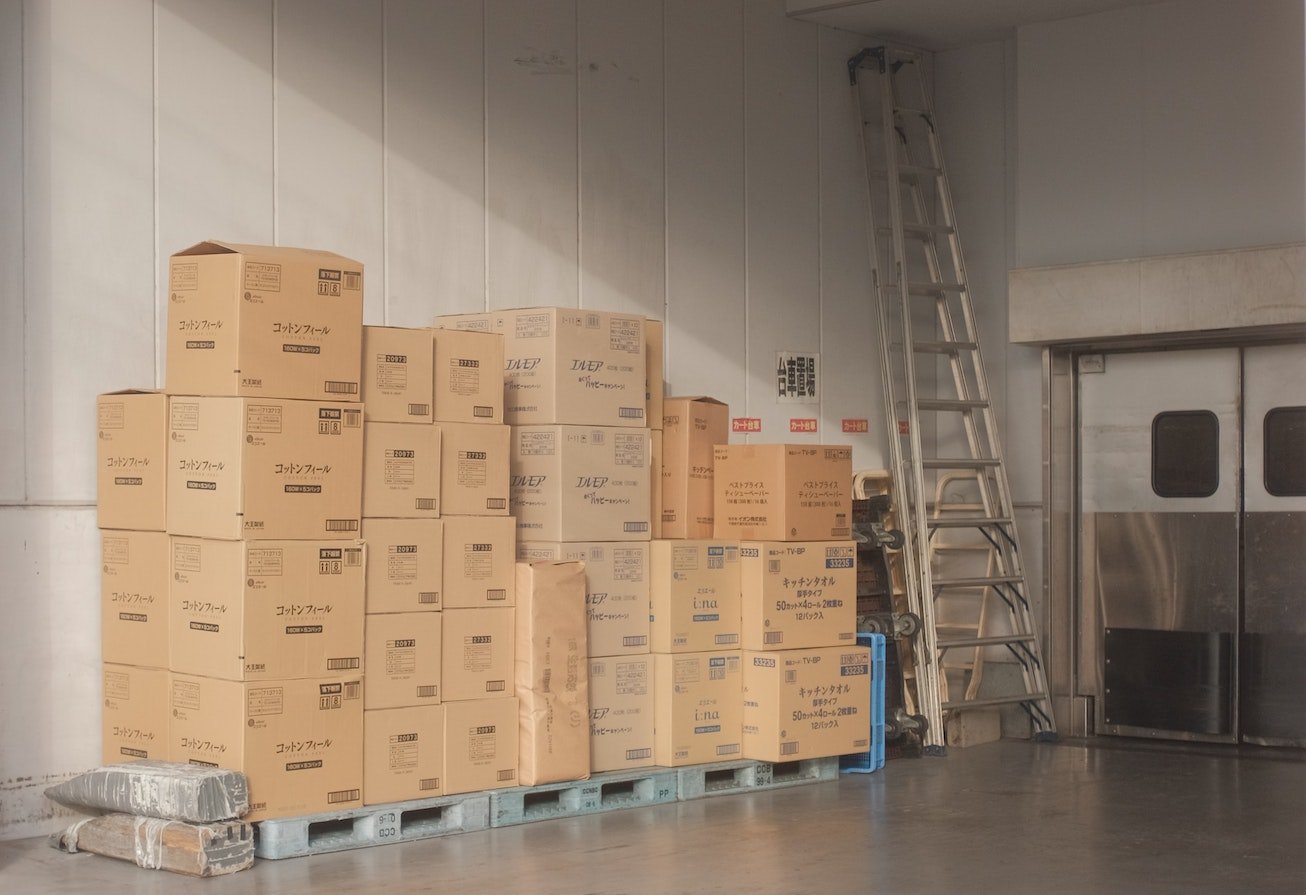When most people hear the word “lien,” their minds jump to unpaid debts linked to a real estate property. But liens also exist in the logistics world. The most common type of logistics-related lien is a warehouse lien. Much like real estate liens, warehouse liens are typically linked to the failure of a person or organization to meet an underlying financial obligation. Below is a look at the significance of warehouse liens and the steps you can take to ensure your warehouse partner does not exercise the lien.
What exactly is a warehouse lien?
Also known as a warehouseman’s lien, a warehouse lien is a measure that a warehouse operator takes to safeguard against financial loss due to a client’s failure to pay agreed-upon storage charges and any other services provided by the warehouseman. A warehouse lien gives the warehouse operator the right to keep the client’s stored goods until the outstanding fees are paid in full by the client.
While a warehouse lien may sound a bit intimidating, it is important to understand that all warehousemen have liens for unpaid charges unless they specifically choose to waive a lien. As a client who depends on warehouse services, it is up to you to adhere to the terms of your financial agreement to help ensure your warehouse partner will not exercise the lien.
What is a carrier lien?
A carrier lien is similar to a warehouse lien. However, a carrier lien specifically involves a client’s failure to pay a shipping company for transportation charges. A carrier lien typically unfolds after a carrier retrieves one or more shipments from the client. Rather than proceeding with the delivery of goods to the consignee, the carrier holds the cargo until they receive any outstanding charges.
Why are warehouse liens significant for clients?
A warehouse lien is significant because it gives a warehouse owner rights over the inventory a client may have stored in their facility. As the lien-holder, a warehouse operator can take control of a client’s goods and can delay their delivery to customers. Even worse, the warehouse operator could hold a warehouse lien sale. This means they could try to sell the inventory you entrusted to them in an effort to recoup the outstanding charges you owe them.
Clearly, warehouse liens are associated with a host of unpleasant circumstances. But they can also cause a series of long-term problems for business owners and their customers. Here are just a few issues that may arise for clients grappling with warehouse liens:
- Delayed Deliveries: When a warehouse operator refuses to release goods, the client’s customers will not receive orders on time.
- Client Loss: When lengthy delays occur, customers can lose faith in the client and turn to a competitor.
- Damaged Reputation: Companies who fail to meet financial obligations and fail to deliver orders on time could see their reputations suffer.
- Fewer Storage Options: Companies with a history of liens are more likely to be shunned by the industry’s best logistics providers.
What are 4 things you can do to help protect your company from warehouse liens?
The threat of warehouse lien enforcement can be unnerving – especially if your company has been late meeting financial obligations in the past. Fortunately, there are some simple steps you can take to help prevent warehouse liens from ever having any potential to harm you in the first place. Here are four things you can do to help protect your company.
1. Pay your bills on time
A simple way to avoid warehouse liens is to pay your charges promptly on the same date each month. Then, be sure to maintain detailed payment records. This simple measure could prove to be effective if you receive a lien notice in error from a warehouse provider.
2. Do not ignore a lien notice if you receive one
While you may be tempted to stick your head in the sand, you should not ignore a lien notice. Take a few minutes to review the notice carefully to see if it’s legitimate. If you have questions about the notice, you can take the following measures:
- Ask for an itemized claim statement that outlines the total outstanding charges claimed
- Request that the warehouse owner clarify the goods referenced in the lien
- Ask about your payment time frame or how long you have to remit the charges you owe
Once you understand the lien notice, you can then check your records to see if you made the payment in question. If your banking records show you made the payment, reach out to your provider right away to provide proof of payment. If, on the other hand, you inadvertently missed a payment, you may be able to rectify the situation by remitting the outstanding balance quickly.
3. Communicate with your warehouse space provider
There is no substitute for frequent communication with your 3PL or warehouse provider. But communication is especially important if you know you are going to miss a payment. If you know, you will not be able to make your next regularly scheduled payment, call your partner right away and inquire about options such as a repayment plan or deferred payment.
4. Seek legal guidance if necessary
If you find yourself in the unpleasant situation of losing your inventory due to enforcement of a warehouse lien, it’s wise to seek the guidance of a skilled logistics lawyer. An experienced logistics attorney can review your specific situation in conjunction with the warehouse lien laws in your state. They can guide you regarding the best course of action to take and can communicate with the warehouse owner on your behalf if conversations have become strained.
What is the most effective way to prevent warehouse liens from being enforced?
Enforcement of a warehouse lien can be an unpleasant surprise for a busy organization. Even just a simple mistake or delayed payment could put your company in a precarious spot. By following the steps above, you can help reduce the chances you will ever be faced with an executed warehouse lien.
The single best way to safeguard against warehouse liens is to partner with an established 3PL provider you trust and communicate with them regularly. Through regular communication with a dependable 3PL partner, you can collaborate to find alternative solutions if you foresee trouble meeting your financial obligations.
To learn more about measures you can take to protect your inventory, we invite you to contact us at Symbia Logistics. As a Top 100 3PL provider with dozens of locations across North America, we have the resources to manage your inventory safely and professionally. We look forward to serving as your trusted 3PL provider!
FAQ
How can a warehouse lien impact the relationship between a business and its clients?
A warehouse lien can strain the relationship by causing delays in delivery, leading clients to lose faith in the business. It signifies financial instability and can damage the business’s reputation, potentially driving clients to competitors.
What are the legal steps a warehouse must follow before enforcing a lien?
Before enforcing a lien, a warehouse must provide notice to the client, outlining the outstanding charges and the specific goods on which the lien is placed. Legal requirements vary by jurisdiction but typically involve a formal notification process.
Can warehouse liens be contested or negotiated once they are placed?
Yes, warehouse liens can be contested or negotiated. If there’s a dispute over the charges or the lien’s validity, clients can negotiate with the warehouse or seek legal advice to resolve the issue or contest the lien through legal channels.
The information provided on this website does not, and is not intended to, constitute legal advice. All information, content, and materials available on this site are for general informational purposes only. Content on this website may not reflect the most current legal information. This website also contains links to other third-party websites. Such links are only for the convenience of the reader, user, or browser.





